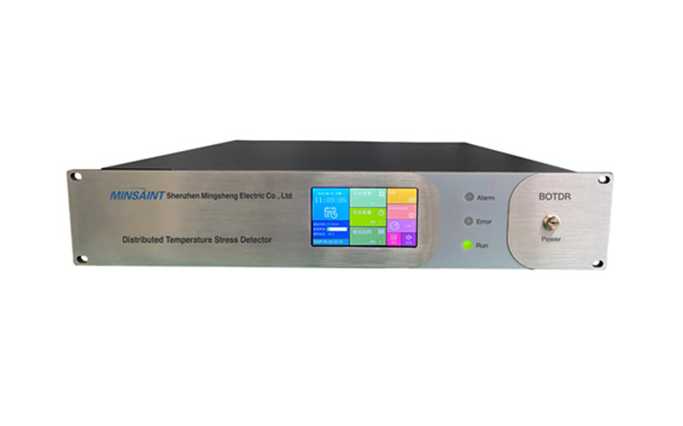Instrument measurement structural components are the backbone of any precision instrument. They are responsible for maintaining the accuracy, reliability, and durability of the instruments. Rui Pu Luo will share the production technology of these critical parts, exploring the manufacturing processes, quality control, and the latest advancements in the field.
Manufacturing Processes
The manufacturing process is a critical phase that determines the quality and performance of the structural components.
1. Casting
Casting is used for producing complex shapes and is common for metals. Investment casting and die casting are popular methods.
2. Machining
Machining involves removing material to achieve the desired shape and is crucial for achieving tight tolerances. CNC machining is widely used for its precision and efficiency.
3. Forming
Forming processes like forging, rolling, and extrusion are used to shape metals. They can produce components with superior mechanical properties.
4. Joining
Welding, brazing, and soldering are common joining techniques. Adhesive bonding and mechanical fastening are also used, especially with dissimilar materials.
5. Surface Treatment
Surface treatments such as anodizing, plating, and coating enhance the durability and appearance of components.

Quality Control
Ensuring the quality of measurement structural components is essential for the performance of the instruments.
1. Inspection
Visual inspection, dimensional inspection, and functional testing are conducted to ensure components meet the design specifications.
2. Non-Destructive Testing (NDT)
Techniques like ultrasonic testing, X-ray fluorescence, and eddy current testing are used to detect internal defects without damaging the component.
3. Calibration
Calibration ensures that the components perform within the required tolerances and are traceable to international standards.
4. Reliability Testing
Components undergo rigorous testing to simulate real-world conditions and ensure long-term reliability.
Advanced Production Technologies
Advancements in production technology are continually pushing the boundaries of what is possible in the manufacturing of measurement structural components.
1. Additive Manufacturing
3D printing and other additive manufacturing techniques allow for the creation of complex geometries and on-demand production.
2. Smart Manufacturing
The integration of sensors and data analytics in the production process leads to increased efficiency and quality.
3. Automation
Automation streamline the production process, reducing human error and improving consistency.
4. Simulation and Modeling
Virtual simulations and modeling help in optimizing the design and production process before physical production begins.
Case Studies
To illustrate the application of these technologies, let's look at a few case studies.
1. Aerospace Industry
In aerospace, the production of lightweight yet strong components is critical. Advanced materials and machining techniques are employed to meet these demands.
2. Medical Devices
Precision is key in the medical device industry. Components must be manufactured to exacting standards to ensure patient safety and device efficacy.
3. Automotive Sector
The automotive sector requires components that can withstand high stress and temperature variations. Advanced materials and robust manufacturing processes are essential.
Conclusion
The production technology of instrument measurement structural components is a complex and ever-evolving field. It requires a deep understanding of materials, manufacturing processes, and quality control to ensure the production of high-performing components. As technology advances, we can expect to see even greater precision, efficiency, and innovation in this critical area of manufacturing.
www.rplmachining.com
Rui Pu Luo




